Bee Stings (Part 2) First Aid & Treatment
ft Dr Lamorna Osborne
Bee Stings (part 2) First Aid & Treatment
In our second installment of bee stings, Dr Lamorna Osborne looks at First Aid & Treatment to aid quick recovery when a bee stings you. Dr Osborne is not only a GP but first started beekeeping back in 2011. Since then, she has been stung a few times, but her personal beekeeping experience has given her many opportunities to observe the best treatments. In this video we cover many points including removing the stinger, allergic reactions, anaphylaxis, reaching emergency services, topical treatments, epipens, adrenaline, and relieving anxiety after being stung. We also look at the facts and figures behind bee stings versus other stings that have led to hospital admission.
Heaps more videos produced and ready to go soon so subscribe to us on youtube https://bit.ly/2GAjURn & you’ll get updates as soon as they’re released.
Chapters:
00:00 intro bee stings and first aid & treatment
00:52 worldwide bee stings trends
01:01 not all states in USA have Africanized bees check our link in the description for more info
01:08 offering the level of allergies and other reactions to bee stings
01:33 how serious are bee stings
02:00 bee sting stats for Australia
02:37 over 13 years 40,000 people were hospitalised with 27 deaths from all venomous creatures
02:48 what’s happening with allergies
04:12 Australian figures for allergies
04:16 0.2% of children develop anaphylaxis
04:27 3% of adults can develop anaphylaxis
04:44 about 1 third of beekeepers in Australia reside in NSW
05:46 what triggers anaphylaxis
06:25 others washing beekeeper clothes can beat risk of anaphylaxis
06:45 being stung a lot does not make you immune to anaphylaxis
07:02 first aid treatment for bee stings
07:12 first aid treatment anaphylaxis from bee stings
07:57 call 000 or the emergency number in your area
08:27 firstly remove the sting(s) out to stop the venom dose
08:42 using cortisone cream to treat bee stings
09:14 using anti-histamine to treat bee stings
09:58 using epipens & adrenaline to treat bee stings
10:00 intro bee stings and first aid
10:40 considerations for epipen (or adrenaline) use in beekeeper clubs to be used only by suitably trained individuals
11:26 note the EpiPen expiry date
13:33 being stung multiple times at once
14:10 examples of multiple bee stings
14:28 ensure to remove any sting(s) first then follow the steps of first aid
15:07 never squeeze or pinch out a sting with tweezers or fingers always scrape out the sting to avoid more venom injected into the patient
15:26 in case of emergency call 000 or the emergency number in your area
15:34 avoid dehydration give water or a drink with electrolytes
15:50 ENSURE stingers are removed properly then take First Aid steps
16:14 administering first aid for a patient stung by bees
16:35 anaphylaxis first aid
17:28 checking pulse rate & other signs
17:54 elevating legs
20:51 if you are stung by bees and you are alone
22:01 consider CPR if needed
22:15 learn more about First Aid by doing a course in your area
23:03 more info on anaphylaxis
24:16 end
This is another video in a number that we have produced for members of the illawarra beekeepers Association and all hobby beekeepers for the management of their colonies.
See More Free Beekeeping Videos
We will be adding more beekeeping videos soon. And you can see other videos published already in the links below,

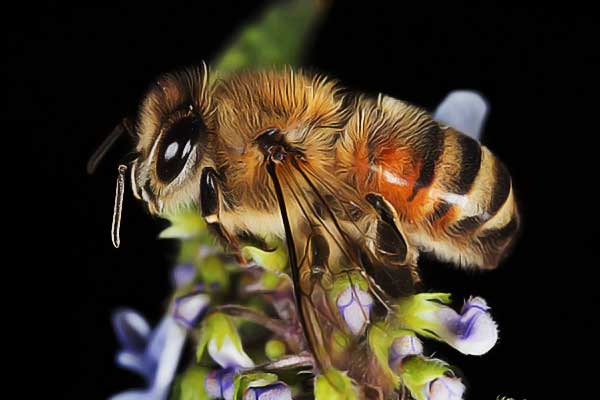
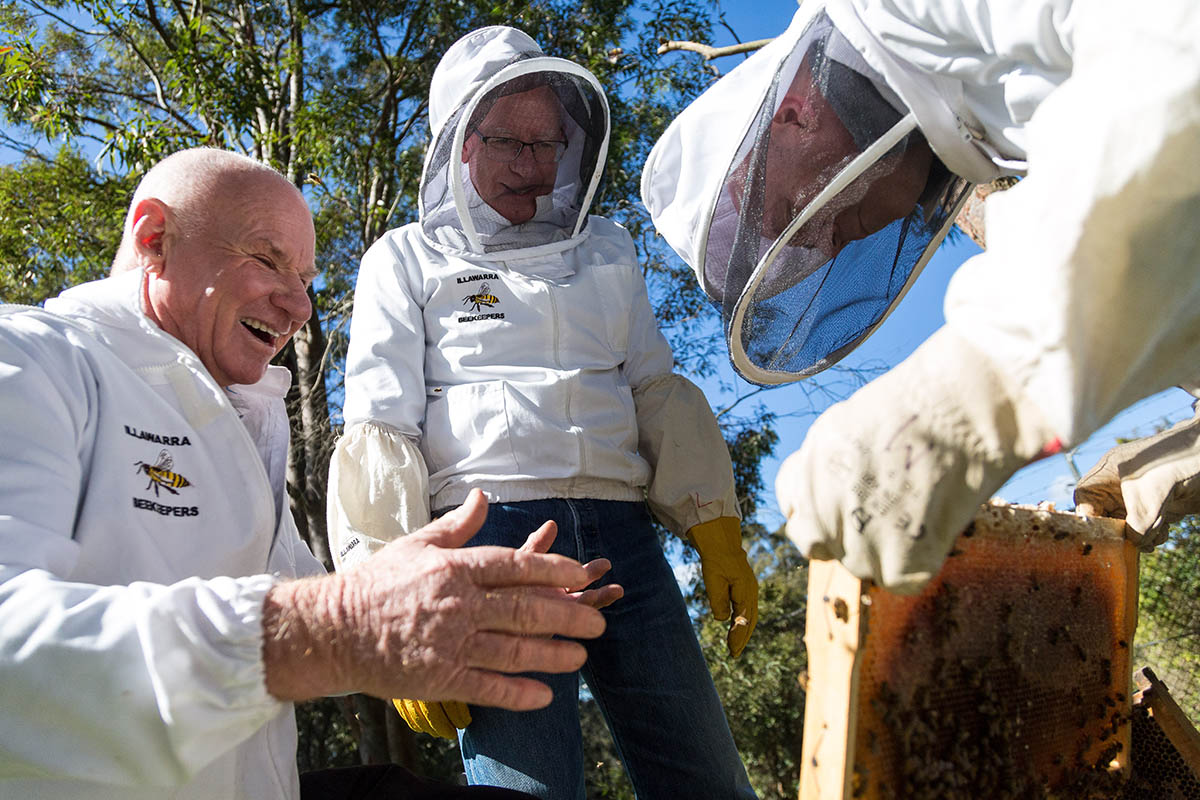
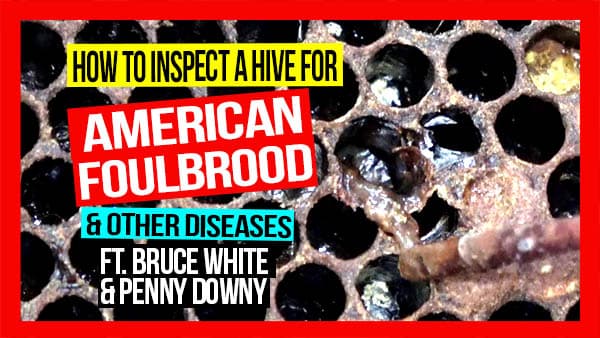
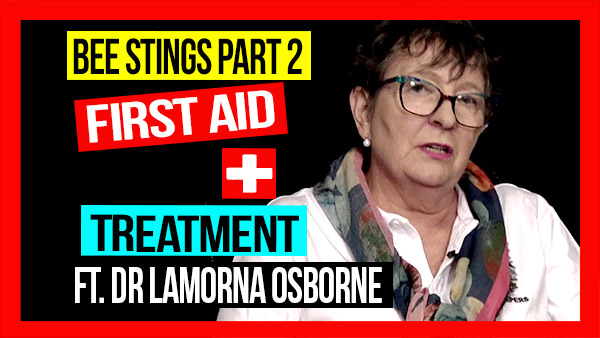
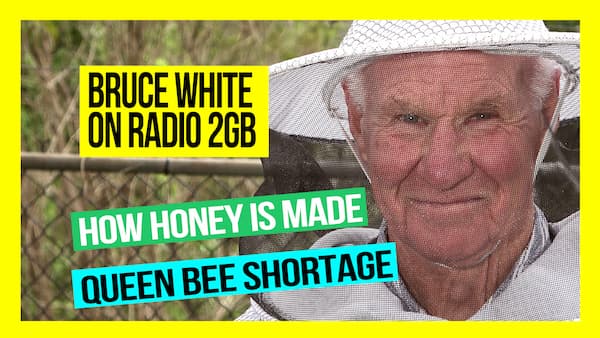
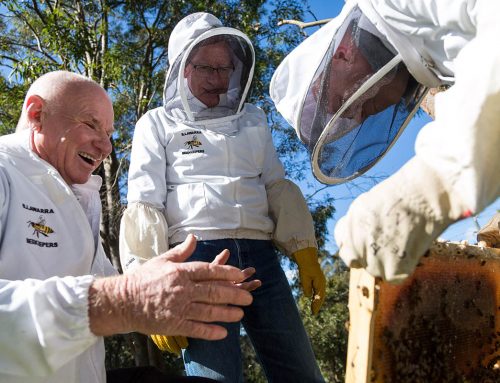
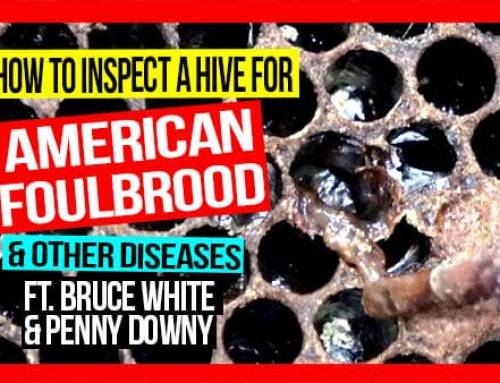

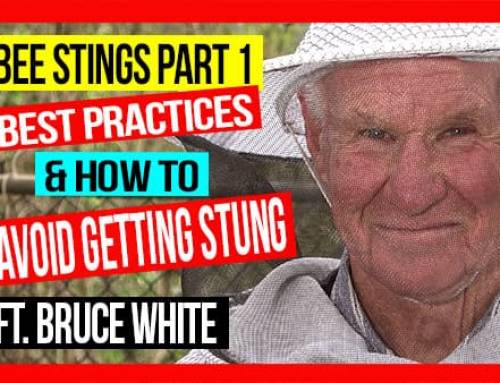
First thing to do would be to remove the stinger as quickly as possible. Then washing with mild soap and water. This would do the work. If doesn’t then consulting the doctor would be good.
Yes your tip is definately recommended.